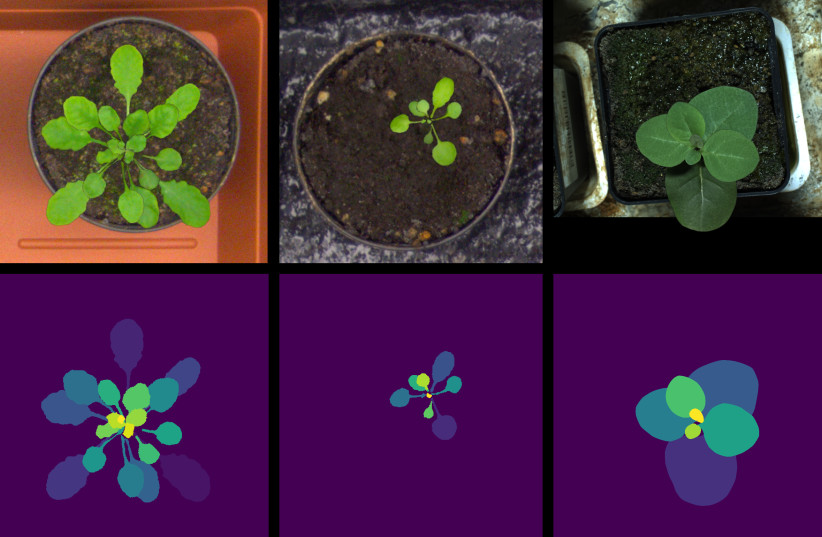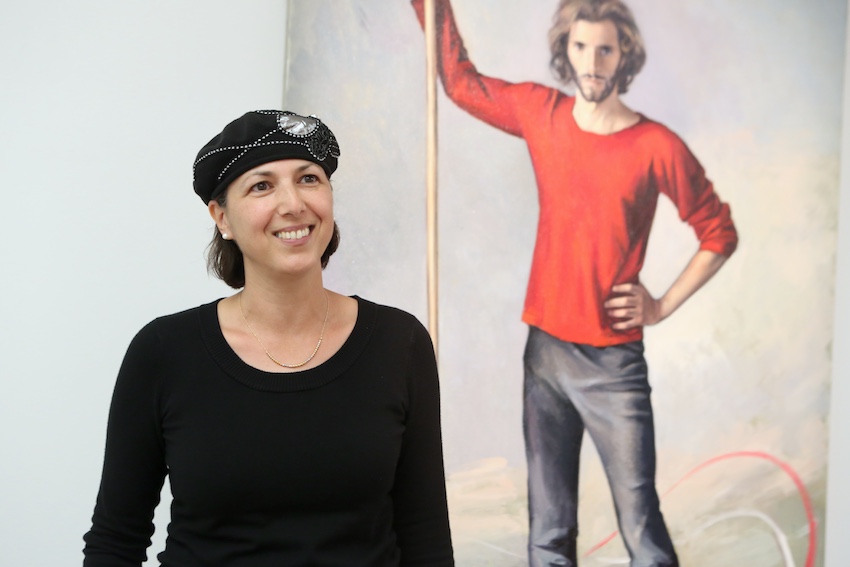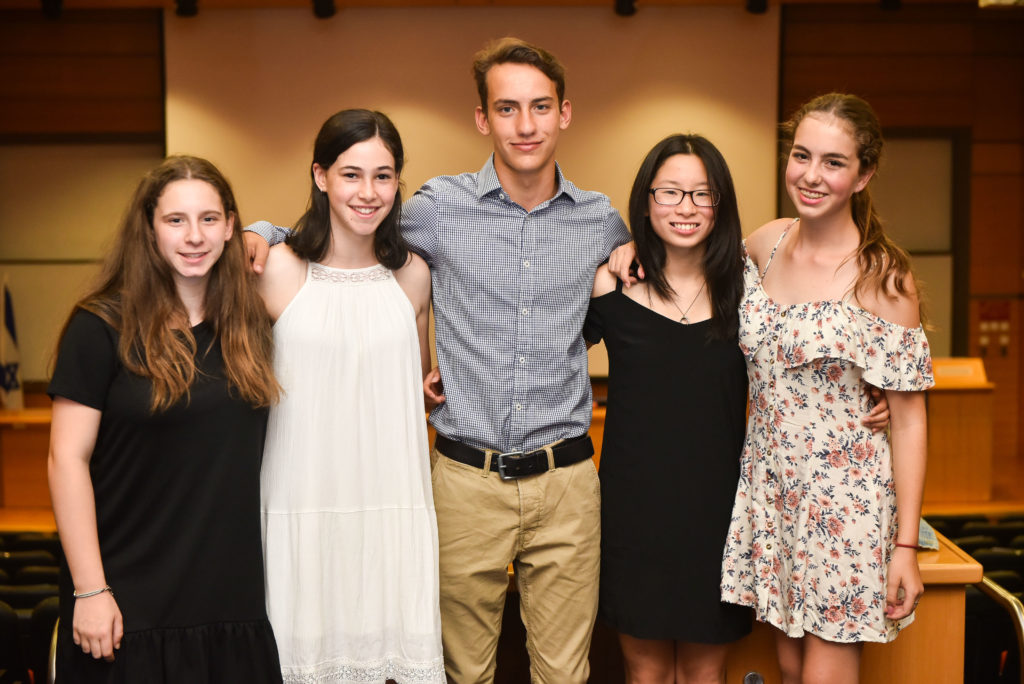Israeli researchers create smart agritech solution to detect crop stress
Crop stress is a major concern in the field of agriculture, as it can mean the difference between a plant’s growth and lifespan.
Credit: JERUSALEM POST

Artificial images of tobacco plants (right) and two Arabidopsis species (middle, left). The top row presents the artificial images, and the bottom row – the leaf masks. By creating a large quantity of artificial (synthetic) leaf images deep neural networks can be trained, thus providing for better l(photo credit: TECHNION)Advertisement
Researchers from Technion-Israel Institute of Technology have created a new innovative technology to monitor forms of stress in different agricultural products.Read More Related Articles
Crop stress is a major concern in the field of agriculture, as it can mean the difference between a plant’s growth and lifespan. For this reason, it is crucial for those in the agricultural sector to detect water and heat stress early on in the growth process.But Technion’s new agritech solution may be just what the sector needs, being an automated system that monitors and predicts crop stress and leaf segmentation through the use of color photographs, thermal imaging and deep learning. Tests by the project’s leaders at the Geometric Image Processing Laboratory (GIP) in the Henry and Marilyn Taub Faculty of Computer Science — consisting of research assistant Alon Zvirin, GIP lab head Prof. Ron Kimmel and chief engineer Yaron Honen — showed an accuracy of more than 90% in the prediction.“The detection of drought stress enables the plant to be saved, allows for the identification of diseases and the prediction of crop yield quantities, all of which are crucial information for the grower,” Zvirin said in a statement.In addition, the project was not just limited to the three leaders, rather it was expanded to include younger researchers who are just starting out, giving them important roles in the process, Zvirin added.“They brought excellent ideas and did a great job,” he explained.


